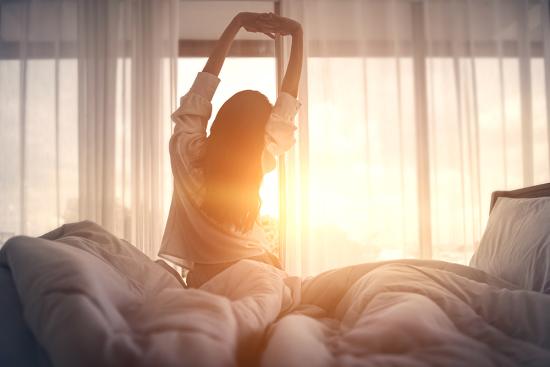
Have you been finding yourself unable to sleep lately? Having nightmares perhaps? Due to COVID-19, violence, racial injustices and election stress, many of us are in a heightened state of stress. I hope you and I can both benefit from some of these recommendations that I’ve discovered.
This is what the research says to do during the day:
- Stick to a routine during the day. Get up at the same time to train our bodies natural internal clock, eat and exercise at the same time each day as well.
- Attempt to get some light exposure in the morning, whether it’s sun through a window or a “happy” light with natural UV rays.
- Exercise daily even if just a short walk-this improves sleep quality, stress reduction and overall mental health.
- Try not to spend time in bed except for when you are sleeping. If you need a nap, keep it brief like thirty minutes.
- Caffeine! Don’t drink it late in the day.
- Try to reach out your hand and help others even if it’s a small gesture like holding the door, asking someone how they really are, donate money to a cause you believe in. Doing this altruistic behavior can provide you a lesser sense of helplessness and more purpose and perhaps less uncertainty.
- Practice acceptance of the here and now instead of resistance – “Acceptance is about meeting life where it is and moving forward from there” a concept that has been researched by Dr. Kristin Neff.
At night, these things could help:
- Release tension in your body, perhaps through breathing or doing a progressive muscle release meditation
- Leave activities such as emailing or watching tv to other rooms in your house so your connection to your bedroom is about sleep.
- Try to let go of trying to get to sleep. Allow your body to do the work of sleeping and release any sense of “doing.”
- Do wind down activities 30-60 minutes prior to sleep such as reading, connecting with a friend or loved one, stretching or yoga
- Remain in bed about the same time you normally would be asleep. So, if you get seven hours usually, spend that amount of time in bed instead of nine hours, for example.
- Sleep Hygiene—try to avoid thoughts that are catastrophizing such as “I’m going to be a mess if I don’t get enough sleep.” Sleep in a dark, cool room.
If you need support to decrease your stress, don’t hesitate to reach out to us at the Ohio State University Employee Assistance Program (EAP) through the online Counseling Request or Work/Life Request or by calling us at 800-678-6265.
